In the world of athletics, what you fuel your body with is just as crucial as how you train it. Whether you’re sprinting on the track, mastering the field, or conquering the court, your healthy meal plan plays a pivotal role in your performance and recovery.
For those who take their sports seriously, incorporating the right foods into your diet can give you a significant edge. And for those interested in hydroponics, the innovative method of growing plants in water, rich in nutrients, it’s worth noting that many essential foods for athletes can be cultivated right in your hydroponic garden.
With that said, let’s dive into the top 5 foods to include in your diet if you’re an athlete.
Leafy Greens
Kale, spinach, and arugula are not just your ordinary greens; they’re packed with iron, calcium, and vitamins A, C, and K, essential for athletes.
Iron helps in the transportation of oxygen to your muscles, improving endurance and performance. Meanwhile, calcium is vital for bone health, and the vitamins play crucial roles in protecting your body against oxidative stress that comes with intense training.
The beauty of hydroponics is that you can grow these leafy greens year-round. This ensures that you have a constant supply of fresh produce right at your fingertips.
Berries
Berries like strawberries, blueberries, and raspberries are antioxidant powerhouses. They help combat the oxidative stress that intense physical activity can inflict on your body.
Berries are also rich in vitamins and minerals that aid in recovery and reduce inflammation, making them perfect for a post-workout snack. With the right hydroponic setup, you can enjoy these nutrient-rich fruits even if you don’t have a traditional garden space.
Legumes
Beans, lentils, and peas are fantastic sources of plant-based protein, essential for muscle repair and growth. They’re also high in fiber, which aids in digestion and keeps you feeling full longer, helping to manage weight.
Additionally, legumes are rich in iron and magnesium, which are crucial for optimal athletic performance.
Incorporating a variety of legumes into your diet can be a game-changer, and many of them can be grown hydroponically, ensuring freshness and nutrient density.
Nuts and Seeds
Almonds, chia seeds, flaxseeds, and walnuts are nutritional powerhouses for athletes. They’re loaded with healthy fats, proteins, and essential micronutrients like magnesium, potassium, and calcium.
These nutrients support energy production, muscle function, and overall health. Nuts and seeds are also convenient and portable, making them an excellent option for on-the-go snacks.
While nuts might not be hydroponically grown, seeds like chia and flax can be incorporated into hydroponic systems for their microgreens, which are also nutrient-dense.
Whole Grains
Quinoa, brown rice, and oats are whole grains that provide a sustained energy source, which is vital for athletes who undergo long and strenuous training sessions. They’re rich in fiber, B vitamins, and minerals like iron, magnesium, and selenium.
Whole grains support healthy digestion, maintain steady blood sugar levels, and contribute to cardiovascular health. Some grains, like quinoa, can be adapted to hydroponic systems, offering a sustainable way to grow these essential foods.
The Key Takeaway
Incorporating these five food groups into your diet can significantly impact your athletic performance and recovery. The advantage of growing some of these foods hydroponically is not just the year-round availability but also the reduction in the use of pesticides and herbicides, leading to cleaner and more nutrient-dense produce.
Hydroponics also uses less water than traditional farming methods, making it an environmentally friendly option.
Remember, while these foods are beneficial, the key to a successful athletic diet lies in balance and variety. It’s essential to consume a wide range of nutrients to meet your body’s needs. So, consider these foods as part of a broader, well-rounded diet. Additionally, hydration plays a crucial role in athletic performance, so make sure to drink plenty of water throughout the day.



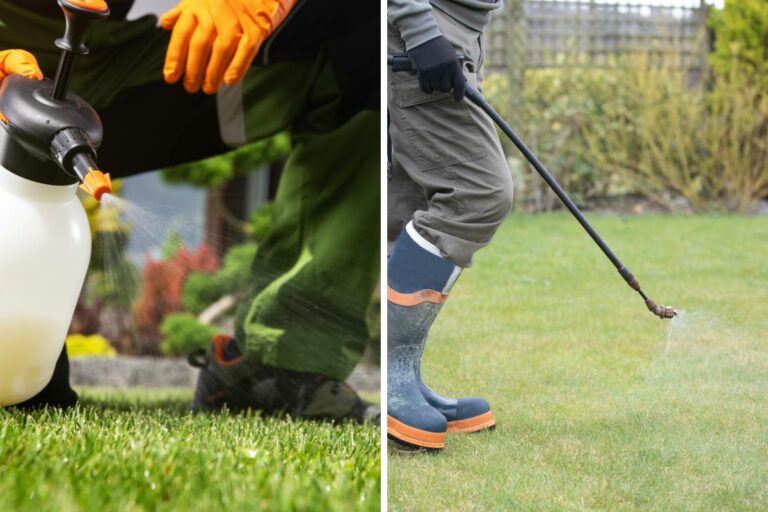

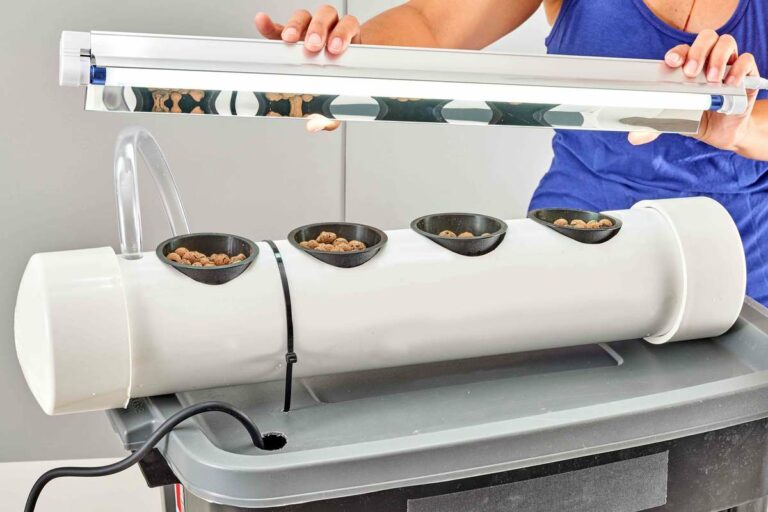
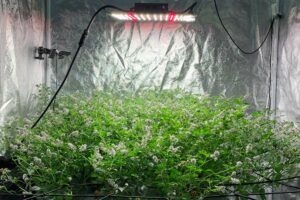
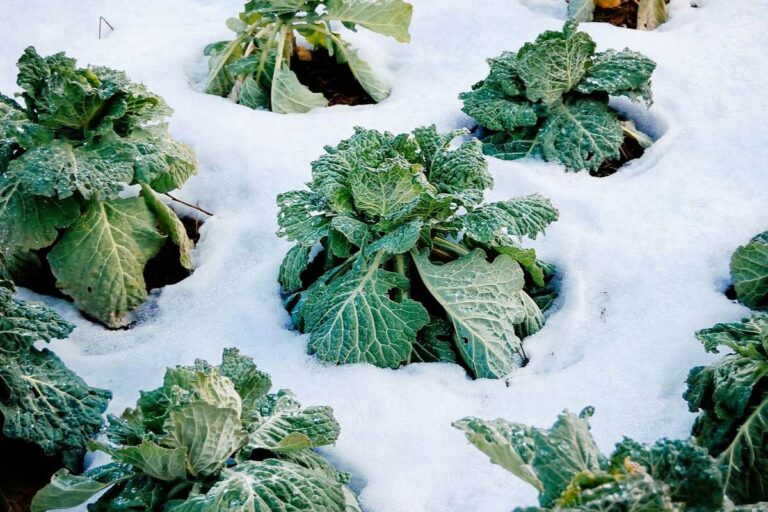
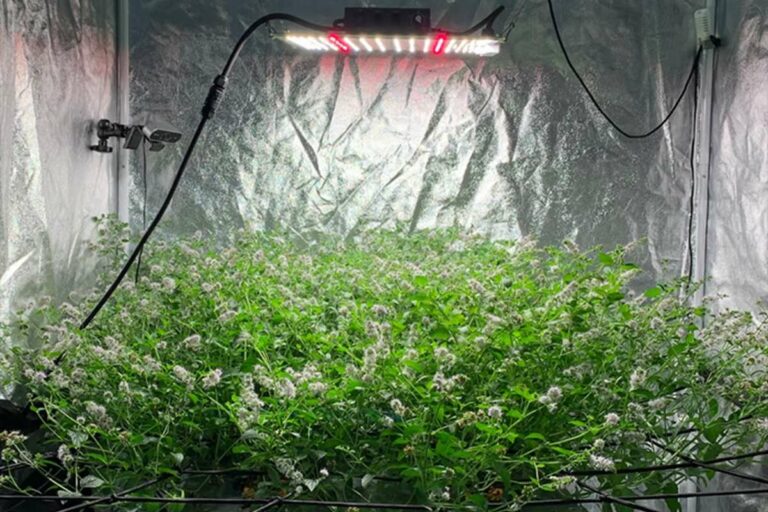

+ There are no comments
Add yours